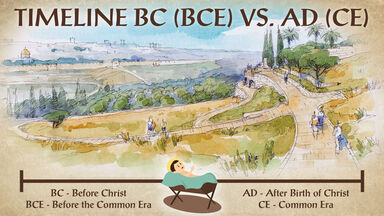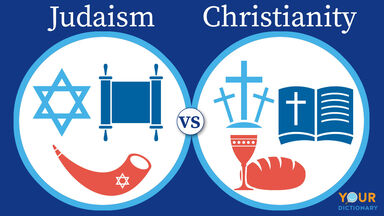Archelaus, Herod's successor, had far less authority than Herod, and the real power of government at Jerusalem was assumed by the Roman procurators, in the time of one of whom, Pontius Pilate, Jesus Christ was condemned to death and crucified outside Jerusalem.
In 1653 he had made the astonishing proposal to the Dutch that England and Holland should divide the habitable globe outside Europe between them, that all states maintaining the Inquisition should be treated as enemies by both the proposed allies, and that the latter "should send missionaries to all peoples willing to receive them, to inculcate the truth of Jesus Christ and the Holy Gospel."
The necessity of a constant protest against polytheism led to a tenacious insistence on the divine unity, and the task was to reconcile this unity with the deity of Jesus Christ.
The Testimony of the King of Martyrs concerning His Kingdom (1729) is a classic repudiation of erastianism and defence of the spiritual autonomy of the church under Jesus Christ.
About the beginning of the 17th century he became a preacher among a sect called the "Seekers," and appears to have held unorthodox opinions about the divinity of Jesus Christ.





